What You Need to Know About Your Septic Tank
According to the United States Environmental Protection Agency (EPA), a septic tank is a watertight container that's buried underground and is typically made of concrete, fiberglass, or polyethylene. But there's more to this underground chamber than meets the eye.
Why is it important to understand how septic tanks work? Well, if your home relies on a septic system to get rid of wastewater, understanding what a septic tank is and how it works will help you determine when there's an issue that needs to be addressed by a professional. Here's what you need to know.
How Does a Septic Tank Work?
As mentioned, a septic tank is an underground tank, and understanding how a septic tank works is pretty simple if you break it down into a few steps. First, when you use the water in your home to do laundry, wash the dishes, or perform various tasks, this water ends up going down the drain and into your septic system. Once the water ends up in the tank, the solids eventually settle down to the top, leaving the liquid wastewater, or effluent, to exit the tank into what is known as the drain field.
The bacteria inside the septic tank will break down the solids to create a sludge that eventually settles at the bottom. The septic tank will have compartments and a T-shaped outlet that prevents sludge from also exiting into the drain field. Once in the drain field, the effluent filters through the soil where it is treated and dispersed. The effluent then percolates through the soil, which is an essential process that removes harmful bacteria.
Types of Septic Tanks
When it comes to the types of septic tanks available, they are typically categorized according to the type of material they're made from. The type of material used in its construction will determine the strength and durability of the septic tank. The most common material used to manufacture septic tanks is concrete, which is highly durable but must be maintained well to prevent cracks from occurring. Another suitable material is steel, which is also durable but can be prone to rust. If the tank becomes corroded, it becomes weak and vulnerable to leaks. Another material that can be used to make septic tanks is fiberglass, which has many advantages over steel and concrete. Fiberglass is a lightweight material that doesn't crack easily and is easier to install.
If you want a lightweight material that's more affordable than fiberglass, you can consider plastic, which isn't vulnerable to rust. The only downside of plastic septic tanks is that they are lightweight and can easily be damaged, so they have to be installed carefully and correctly. When choosing the right septic tank for your needs, you have to consider various factors because there's no one-size-fits-all solution. You must consider the pros and cons of each option and also work with a professional septic tank service to make an informed decision.
How to Take Care of Your Septic Tank
If you have a septic tank on your property, there are many do's and don'ts that you have to be aware of. When it comes to what you have to do, make sure you get your septic tank pumped every three to five years, according to the EPA. This is done to prevent the sludge that accumulates at the bottom from overfilling. You should also schedule an annual professional inspection to ensure that your septic tank is in good working order. That way, you don't have to deal with costly problems that can easily be avoided by making timely repairs. Another thing you can do to increase the longevity of your septic tank is to use water in your household wisely.
Using too much water can increase the risk of a septic tank failing too soon. While you're at it, make sure the landscaping around your home doesn't affect the integrity of your septic tank. For instance, tree roots can dig deep and create cracks in your septic tank, so avoid planting trees near it. Most importantly, avoid flushing the wrong things down your toilets. Items that can wreak havoc on your septic tank include paper towels, dental floss, baby wipes, oils, grease, and cat litter. The bacteria inside the tank won't be able to break down these items easily. In addition, harsh chemical cleaners that contain bleach, chlorine, and hydrogen peroxide can interfere with the health of the beneficial bacteria living inside your septic tank.
This information should be able to help you understand what a septic tank is, how to take care of it properly, and when you need professional assistance. Contact Reliable Septic and Services to schedule your septic tank service today!
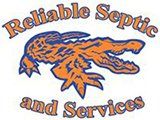
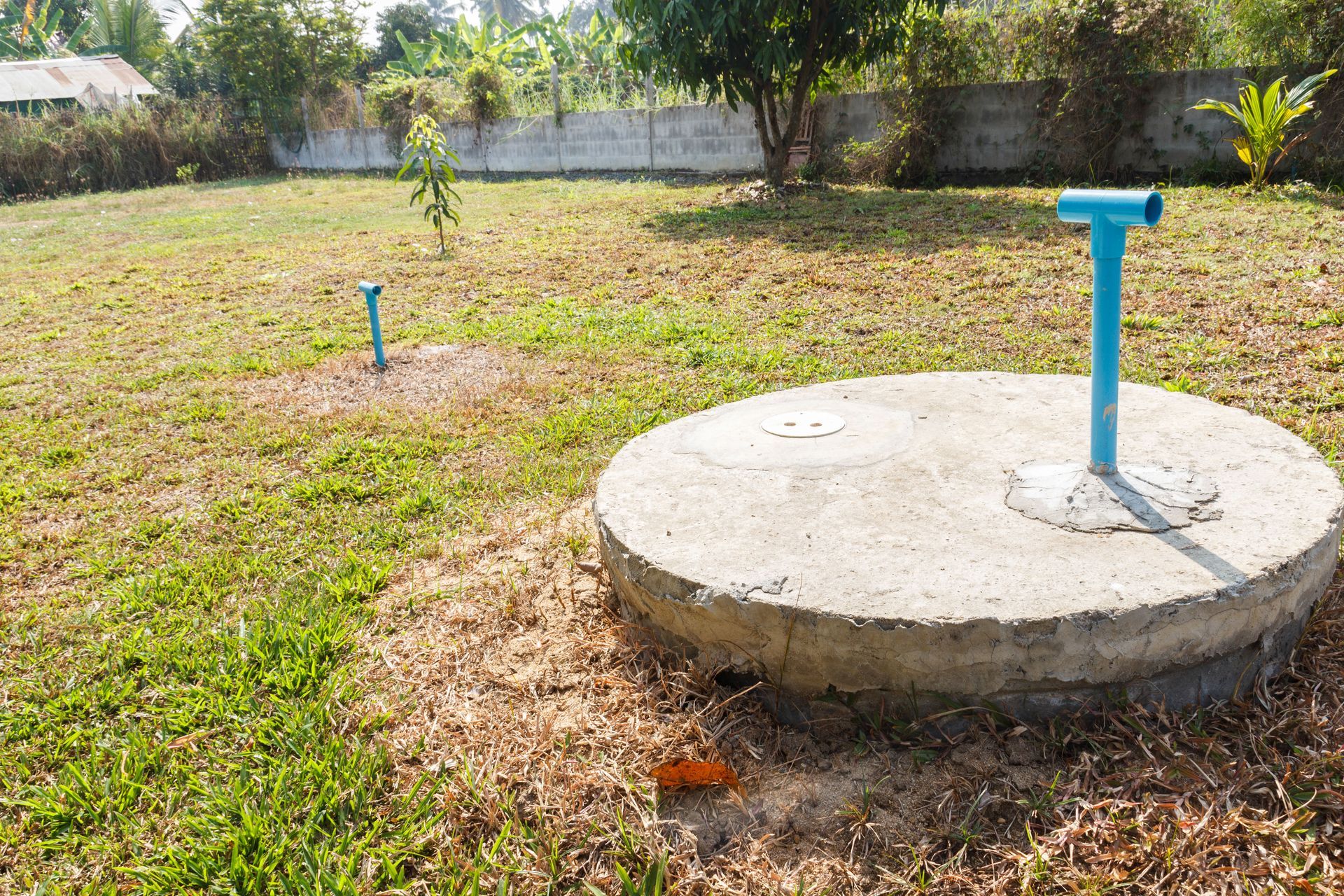
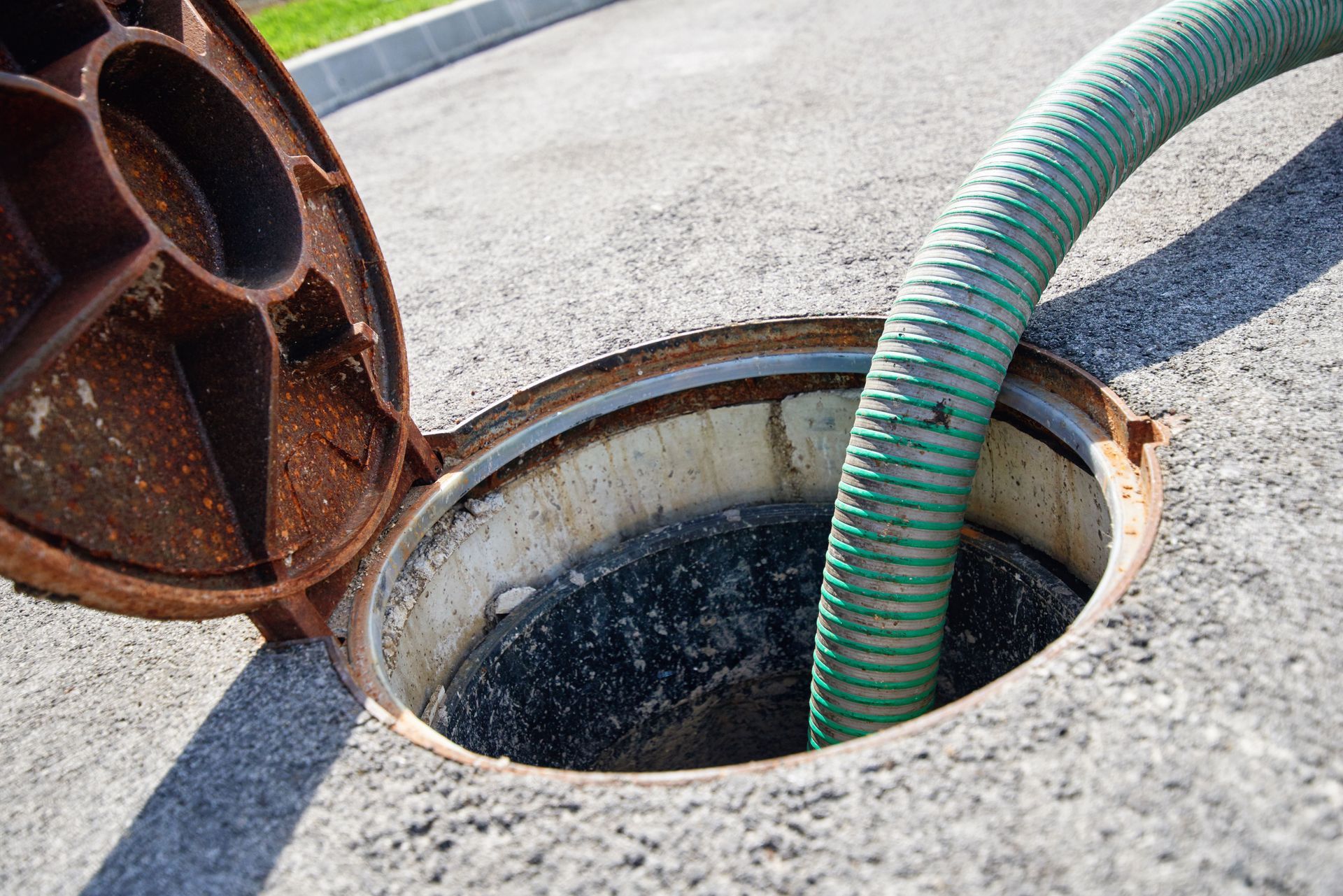
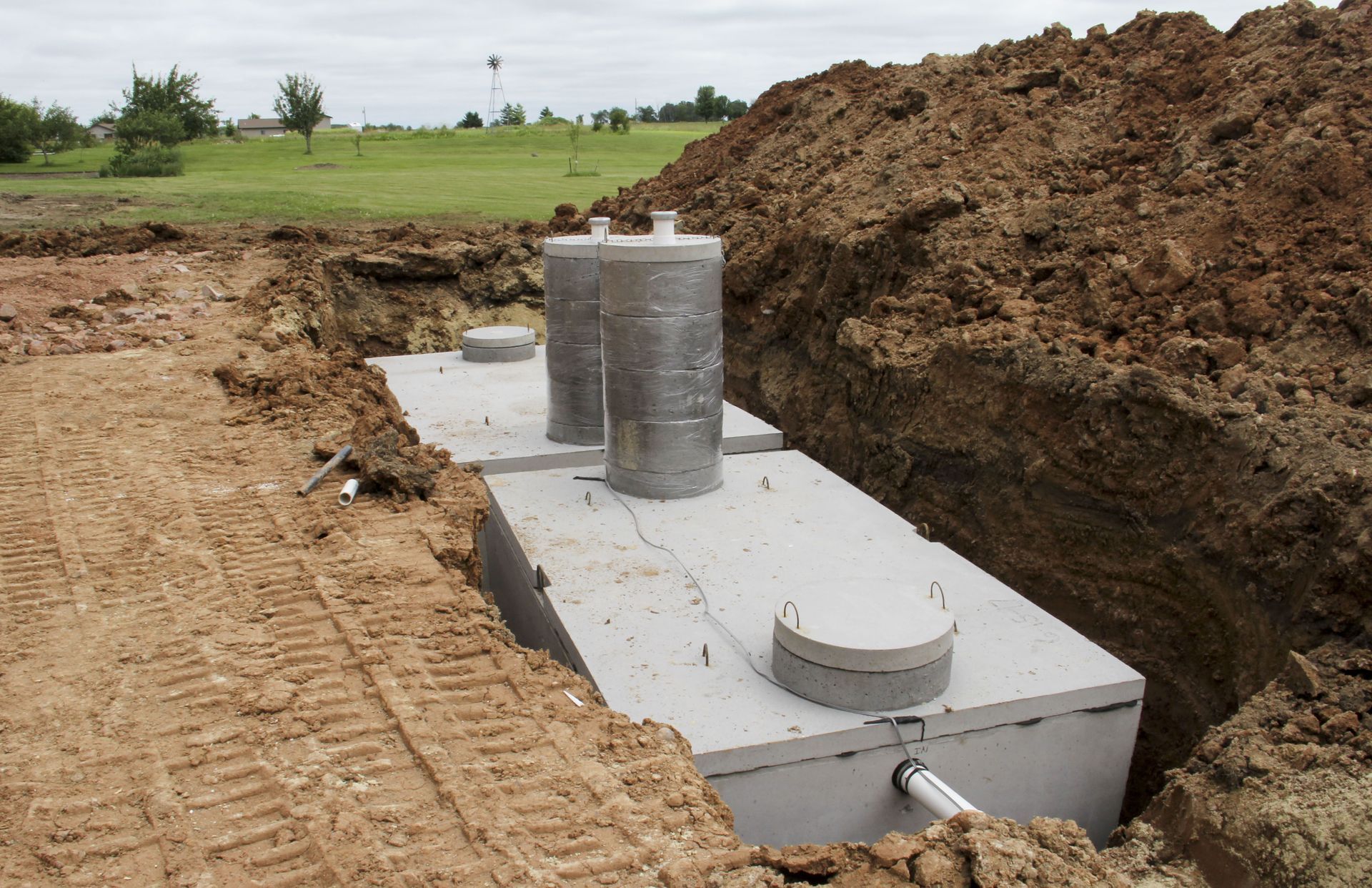
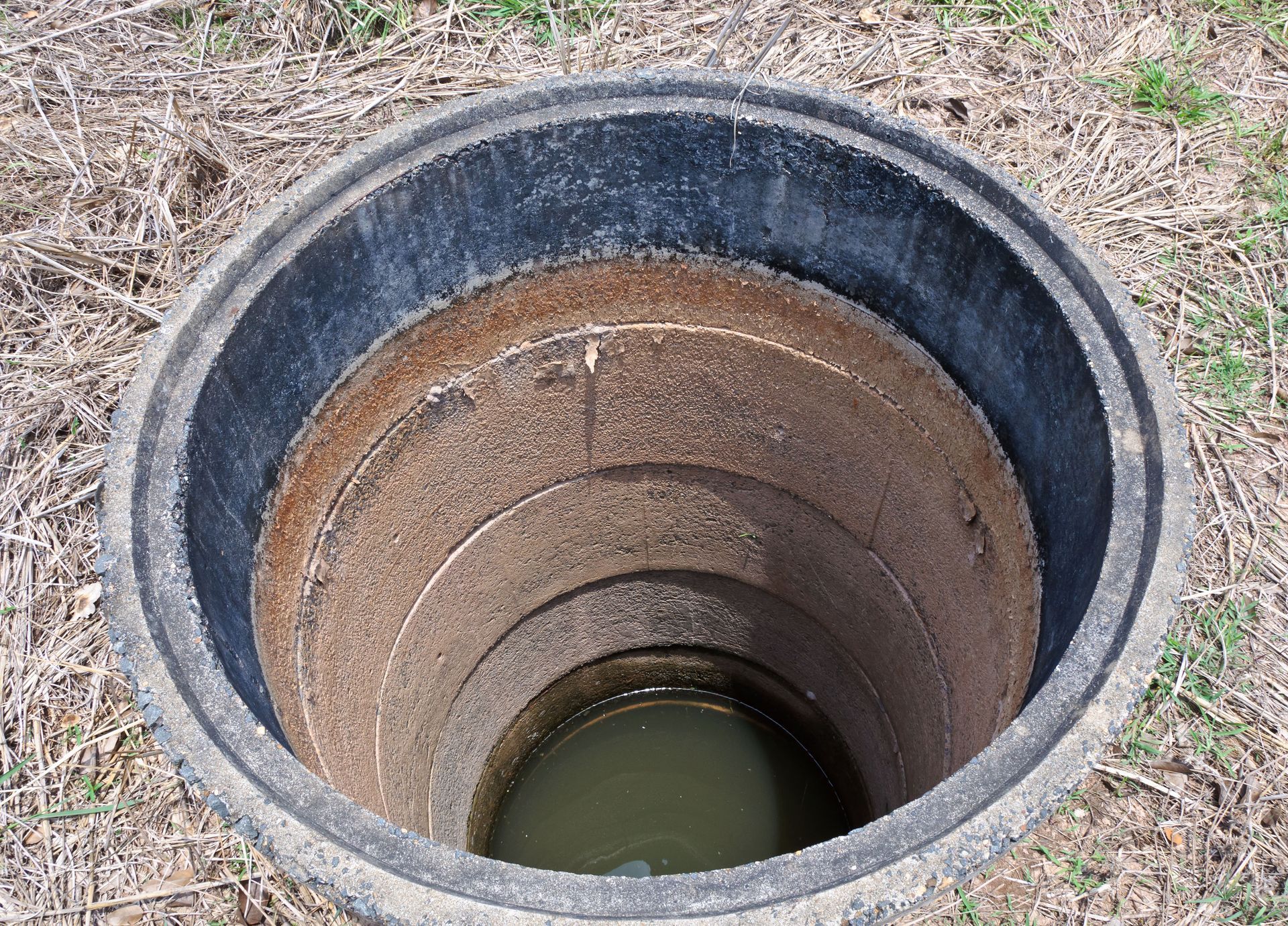
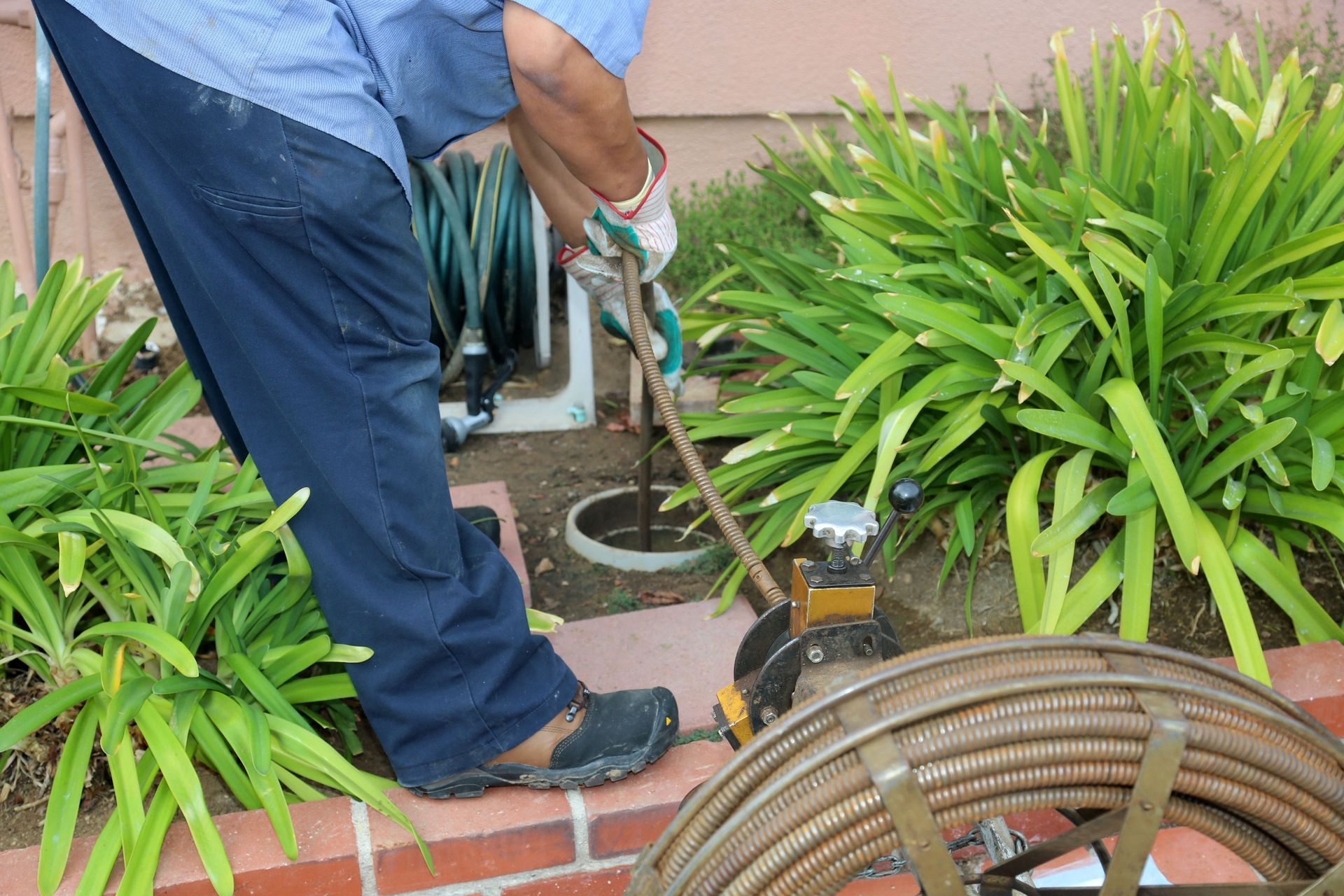
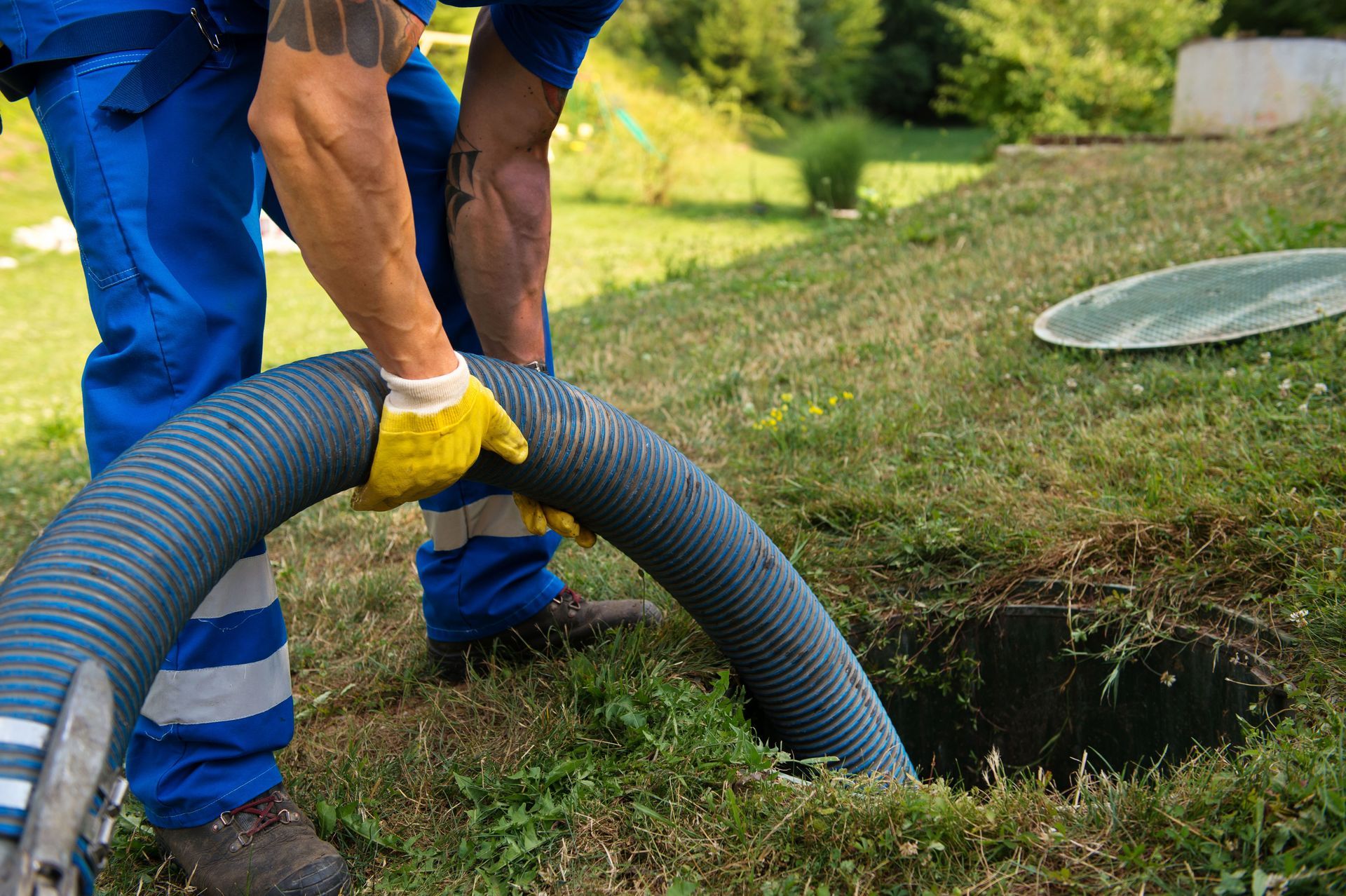
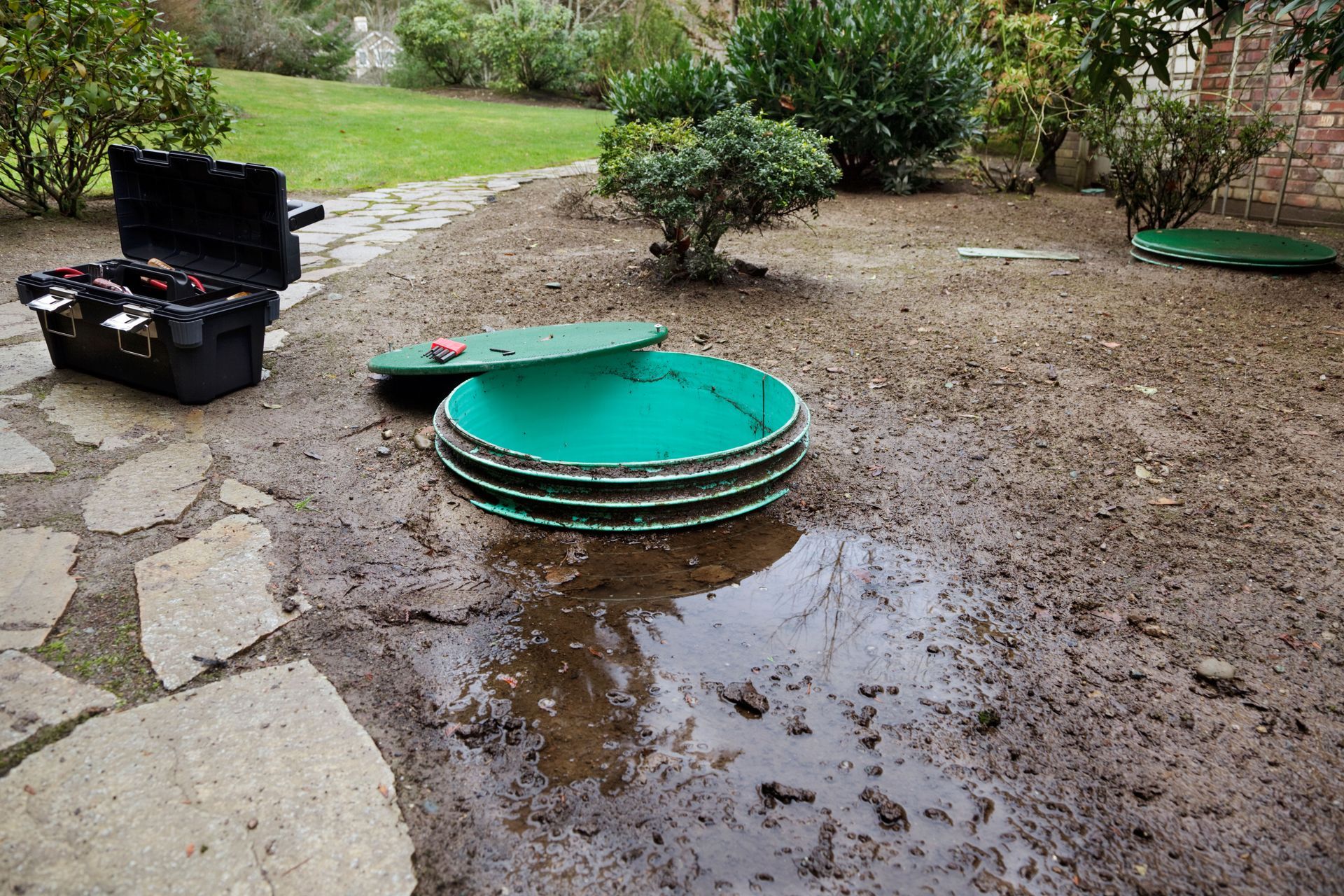
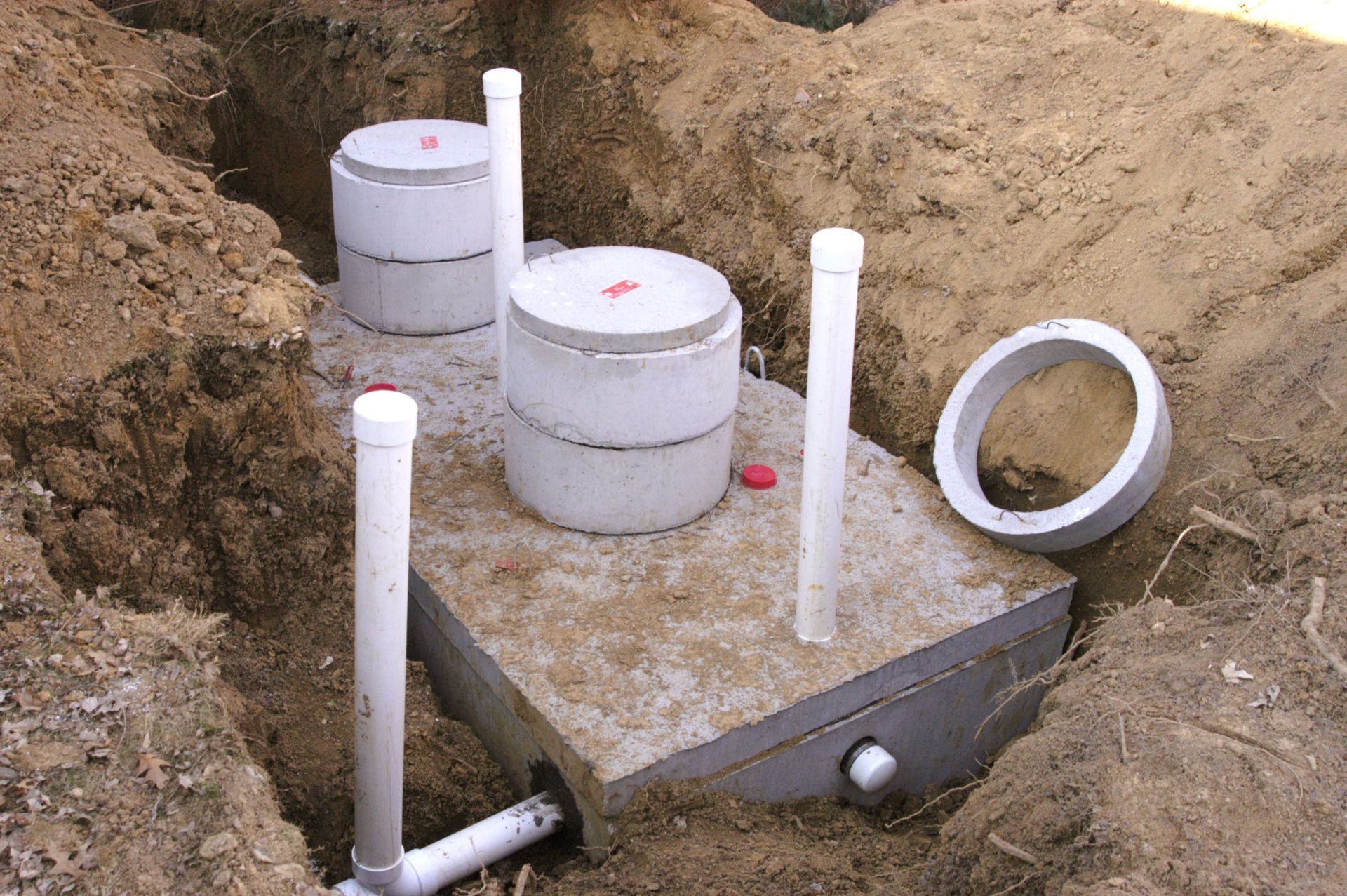
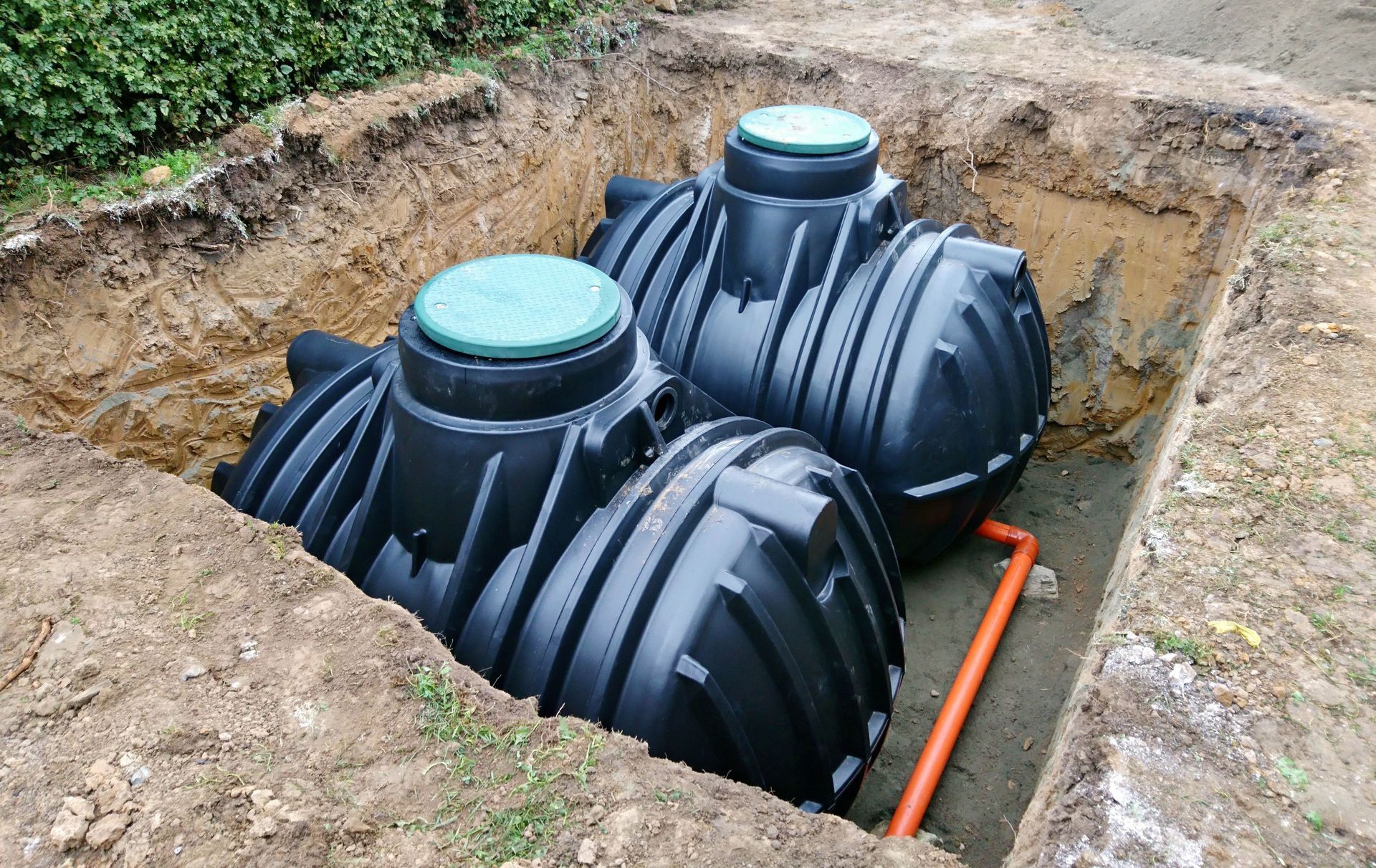
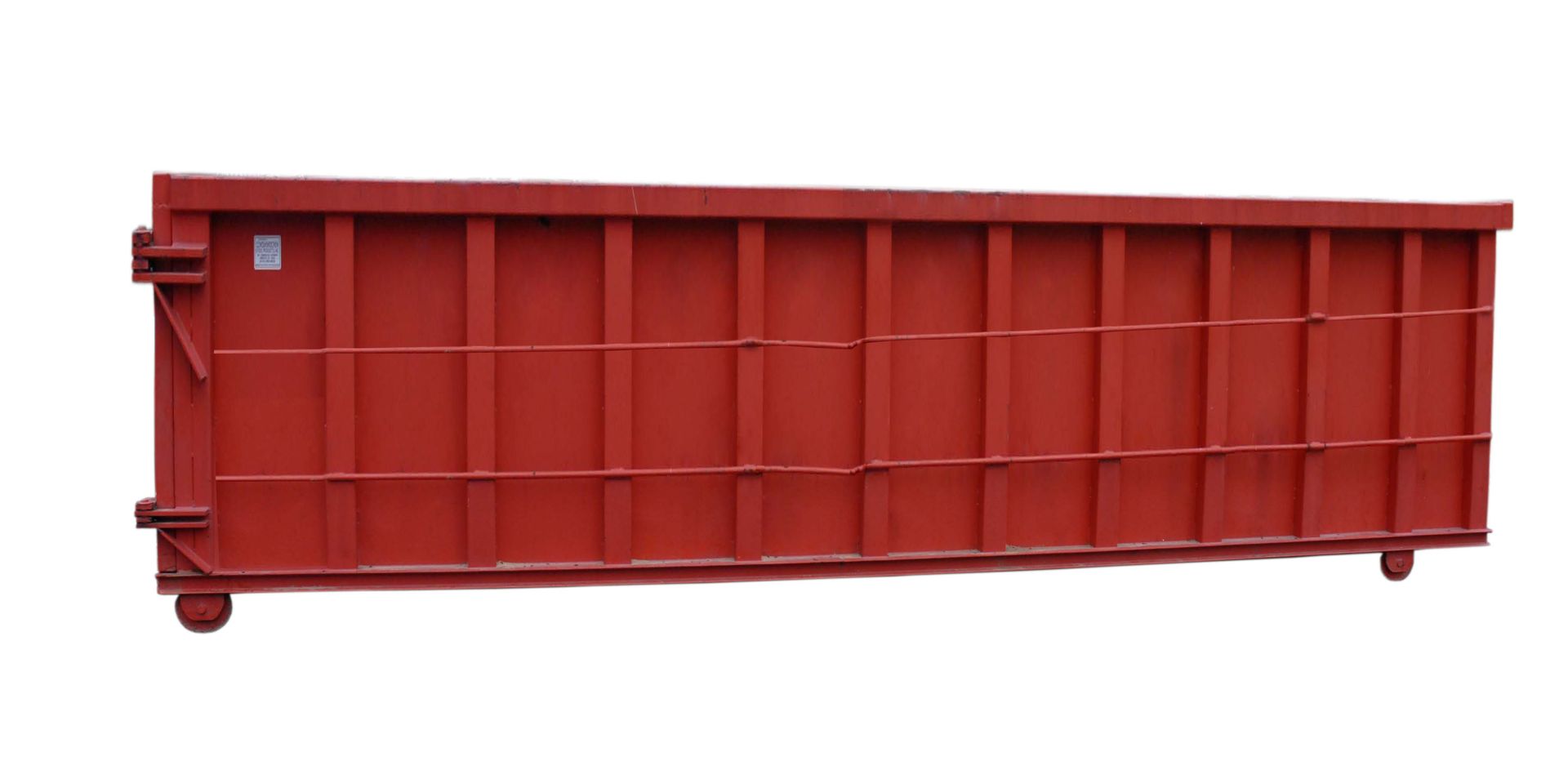
Share On: